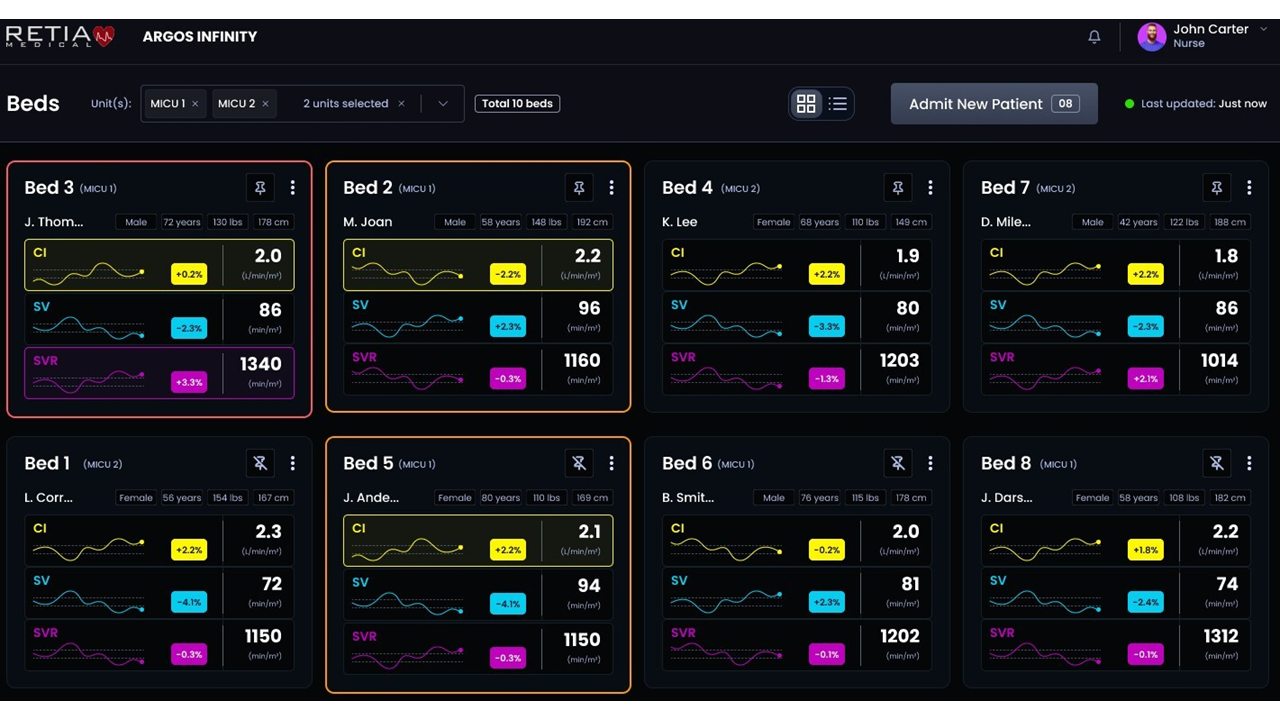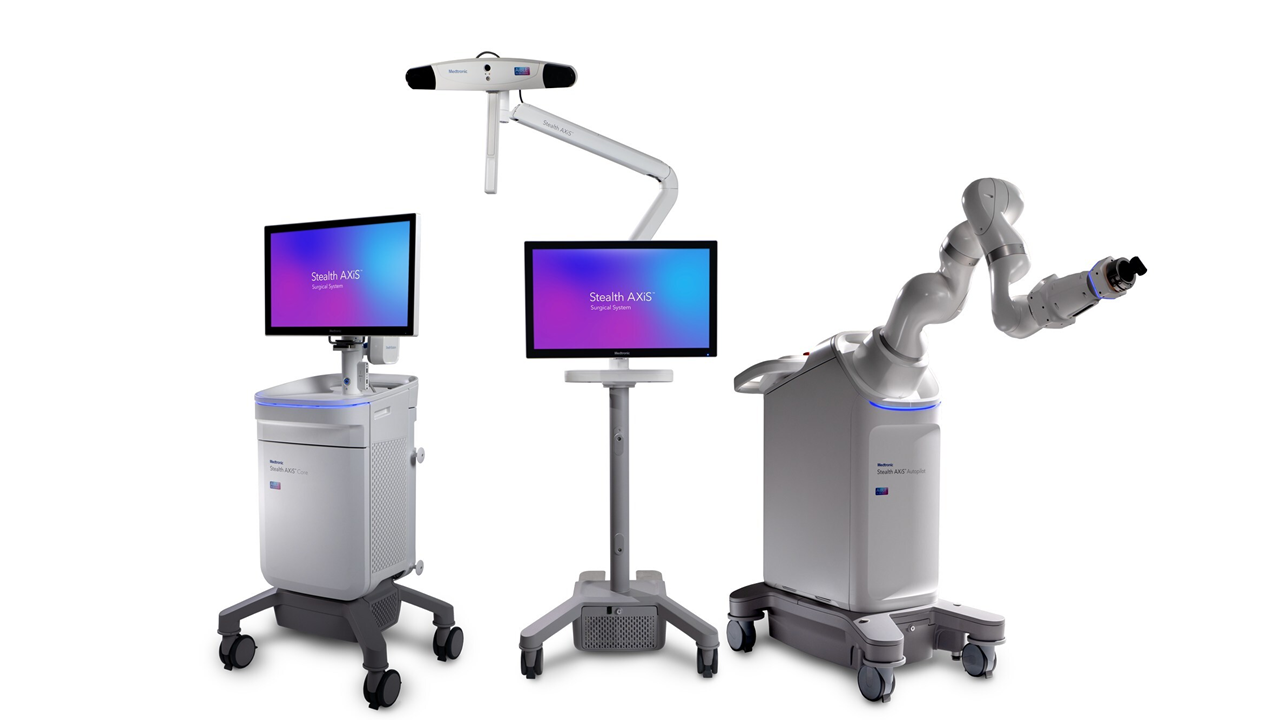Allecra Therapeutics, a clinical-stage biopharma company focused on combating antibiotic resistance, received approval from the US Food and Drug Administration (FDA) for Exblifep (cefepime/enmetazobactam). This novel combination antibiotic treatment is approved for complicated urinary tract infections (cUTIs), including pyelonephritis (a urinary tract infection when one or both kidneys become infected).
“Receiving FDA approval is a tremendous achievement for Allecra and a testament to the hard work and dedication of a small yet highly focused team of individuals,” said Iain Buchanan, Allecra’s supervisory board member, in the news release.
The FDA’s decision was based on robust clinical data demonstrating Exblifep’s efficacy against antimicrobial resistance in gram-negative bacteria, particularly resistance associated with extended-spectrum beta-lactamases and ampC enzymes.
The approval also includes a five-year marketing exclusivity extension from the US regulator under the Generating Antibiotic Incentives Now (GAIN) Act. The GAIN Act, enacted in the US in 2012 as part of the FDA’s Safety and Innovation Act, aims to promote the development of new antibiotics to combat the increasing threat of antibiotic-resistant bacteria.
What are cUTIs?
Urinary tract infections (UTIs) are one of the leading causes of sepsis in hospitals. While a conventional (“simple”) UTI typically responds to antibiotic treatment within 24 to 48 hours, a cUTI does not respond to traditional therapies.
cUTIs often require broad-spectrum antibiotics to effectively eradicate bacteria in the urinary tract. Uropathogenic Escherichia coli is the primary infectious agent in both uncomplicated and cUTIs. However, Enterococcus spp. and Candida spp. are more prevalent in complicated infections.
Pyelonephritis is a kidney infection that often occurs when bacteria travel from the bladder to the kidneys. This process is sometimes helped by a condition called vesicourethral reflux, where urine flows backward from the bladder into the kidneys. If the infection worsens, the bacteria can enter the bloodstream, causing a serious condition known as bacteremia.
XTALKS WEBINAR: Quality Considerations for Mobile Blood Draws and Specimen Collections: Supporting Decentralized Studies and Trials
Live and On-Demand: Wednesday, July 17, 2024, at 1pm EDT (10am PDT)
Register for this free webinar to learn practical strategies to ensure quality management for sample collection, which is central to the laboratory testing requirements for decentralized clinical trials.
How Does Exblifep Work?
Exblifep is a combination of two medications: cefepime, an antibiotic, and enmetazobactam, which helps protect cefepime from being broken down by certain enzymes. It is used to treat cUTIs, including pyelonephritis, in patients aged 18 and older.
Cefepime itself can penetrate the cell walls of both gram-positive and gram-negative bacteria to kill them. It also remains effective against bacteria that produce certain types of enzymes, making it a powerful treatment option for these infections. Enmetazobactam works by blocking enzymes called beta-lactamases that can destroy antibiotics like cefepime.
Efficacy and Safety of Exblifep
The FDA approved Exblifep based on clinical evidence that included the Phase III ALLIUM trial. This trial was conducted at 90 sites across Europe, North and Central America, South America and South Africa, and 1,041 adult patients participated.
The trial showed that Exblifep was more effective in curing the infection and eliminating bacteria than piperacillin-tazobactam. The success rate was 79.1 percent for Exblifep compared to 58.9 percent for piperacillin-tazobactam.
Additionally, the study found that Exblifep was generally well-tolerated by patients. The most common side effects reported included increased liver enzymes, higher bilirubin levels (a substance produced by the breakdown of red blood cells), headaches and reactions at the infusion site.
Fetroja, Another FDA-Approved cUTI Treatment
A few years ago, the FDA approved Shionogi’s Fetroja (cefiderocol), an antibiotic for treating cUTIs in patients 18 years and older. In a study with cUTI patients, 72.6 percent of those treated with Fetroja saw their symptoms resolve and the bacteria eliminated about seven days after treatment, compared to 54.6 percent of patients treated with the imipenem/cilastatin combination.
Future Prospects for UTI Treatments
NRx Pharmaceuticals, a clinical-stage biopharma company headquarted in Wilmington, Delaware, announced that the FDA accepted its Investigational New Drug (IND) application for NRX-101 last year. NRX-101 is a patented combination of D-cycloserine and lurasidone designed to treat cUTIs. In preclinical studies, NRX-101 showed strong antibacterial activity against antibiotic-resistant pathogens both in lab cultures and in an artificial urine model.
Additionally, Iterum Therapeutics, another clinical-stage pharma company, has reported promising Phase III trial results for their oral antibiotic, sulopenem, for treating uncomplicated UTIs. In trial, oral sulopenem had a success rate of 61.7 percent compared to 55.0 percent for Augmentin (amoxicillin and clavulanic acid), proving to be significantly more effective.
Iterum announced today that the FDA has accepted the resubmission of its New Drug Application (NDA) for oral sulopenem for the treatment of uncomplicated UTIs. The FDA has set a Prescription Drug User Fee Act (PDUFA) action date of October 25, 2024.
To have your company featured on Xtalks, please email Vera Kovacevic, PhD, at: [email protected]












Join or login to leave a comment
JOIN LOGIN